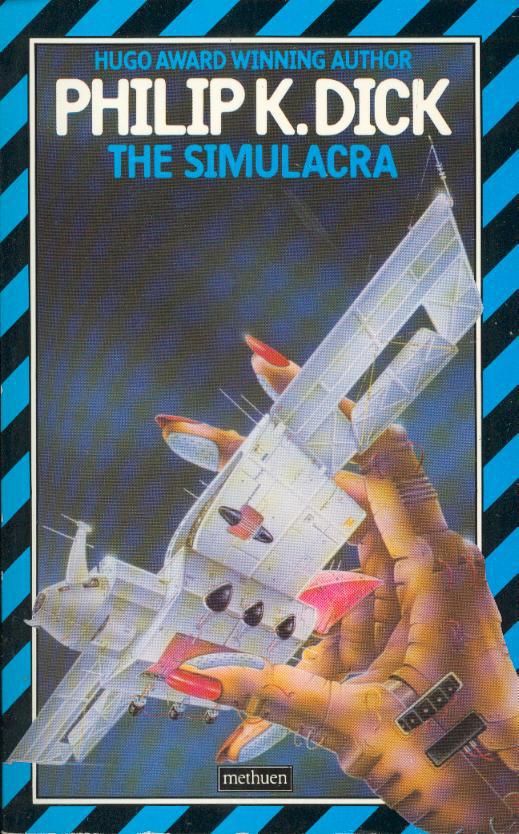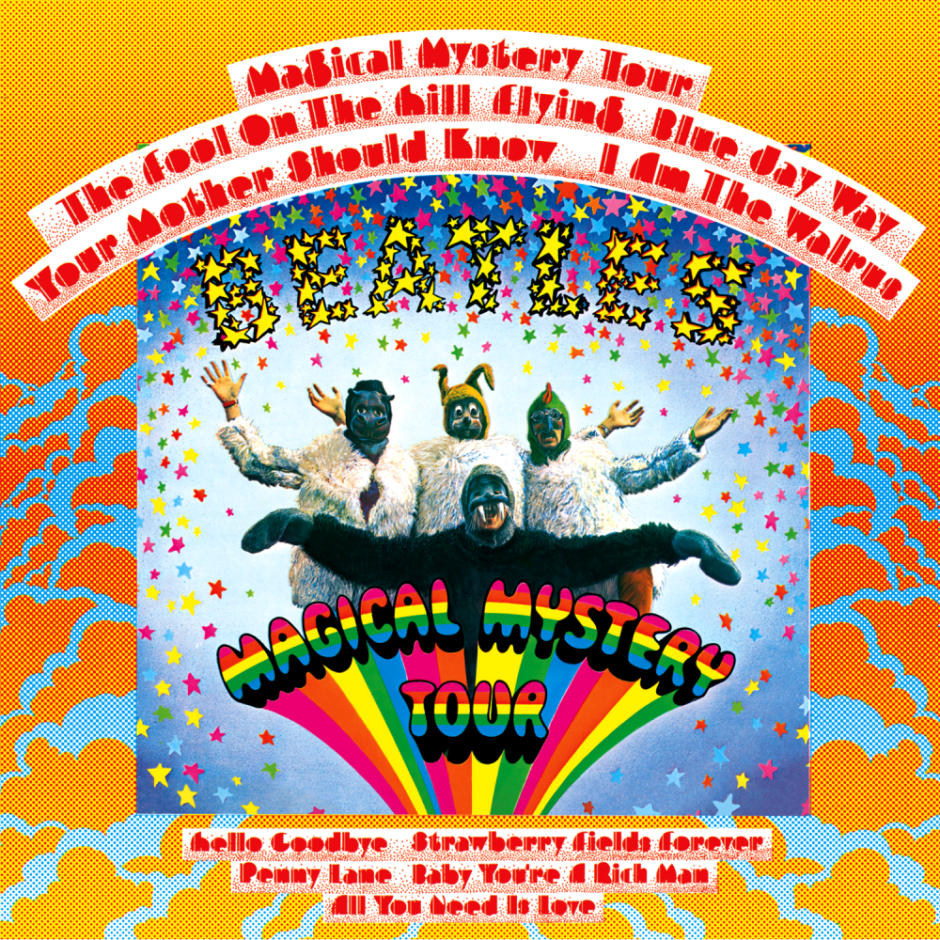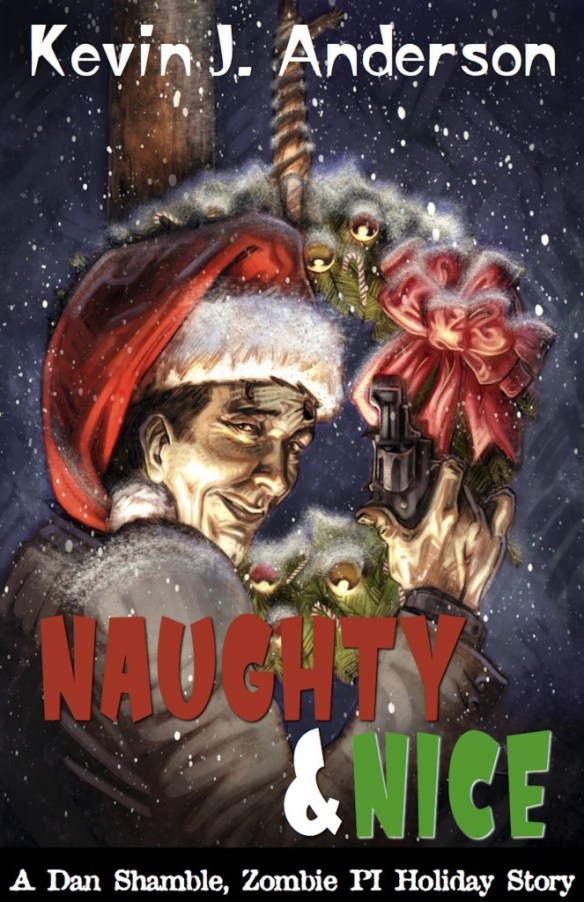Raw Feed (1989): The Simulacra, Philip K. Dick, 1964.
The worst Philip K. Dick novel I’ve read to date.
It was obvious what Dick was trying to do. His main inspiration, I’ll wager, was William Manchester’s The Arms of Krupp (or, if not that specific book, the same historical topic). The book is paralleled on the Nazi political structure, its various battling factions, and its industrialist underpinnings. Dick also speculated on the nature of media and psychology in American politics.
Dick produces a wandering plot with a real conflict introduced only about half way through the story and one of Dick’s notoriously ambivalent endings; this one is very reminiscent of Dick’s The Penultimate Truth.
Surprisingly enough, Dick doesn’t even produce any memorable characters and few memorable scenes.
Nicole Thibodeux is little more than a straw figure and not fleshed out. Walter Penbroke is little more than a conniving, manipulative, Gestapo-like figure. As for Maury Frauenzimmer, a character with an almost identical name and business appears in We Can Build You, lending further credence to my belief that this novel was a draft/mutated version of the latter novel. The other characters seem to be little more than collection of neuroses with the people from Electronic Music Enterprises being particularly superfluous. Molly Dondolo and Julie are not even fully realized versions of Dick’s rapacious women.
Dick’s society and political machinations are absurd.
The idea of the President becoming a straw figure and the First Lady becoming a media image and Fuhrer image was interesting. But Dick completely mishandled it with a hodgepodge plot — Goltz’s secret coven of leaders, the constant use of time travel equipment, and the development of the peculiar political system is very unbelievable. Evidently, Goltz allows the successive impersonators of Thibodeux to do whatever they want unless they are amazingly incompetent. The real enemy seems to be fascistic industrialists. In the hands of, say, Norman Spinrad, it would have been much better done.
It is interesting to note how topical, entirely by accident, some of Dick’s elements are today: the mention of Neanderthal skeletons in Israeli caves, actors (or, here, actresses) in the White House and a United States of Europe and America (currently the prospect is just for a United Europe).
More reviews of fantastic fiction are indexed by title and author/editor.
Advertisements Share this:




